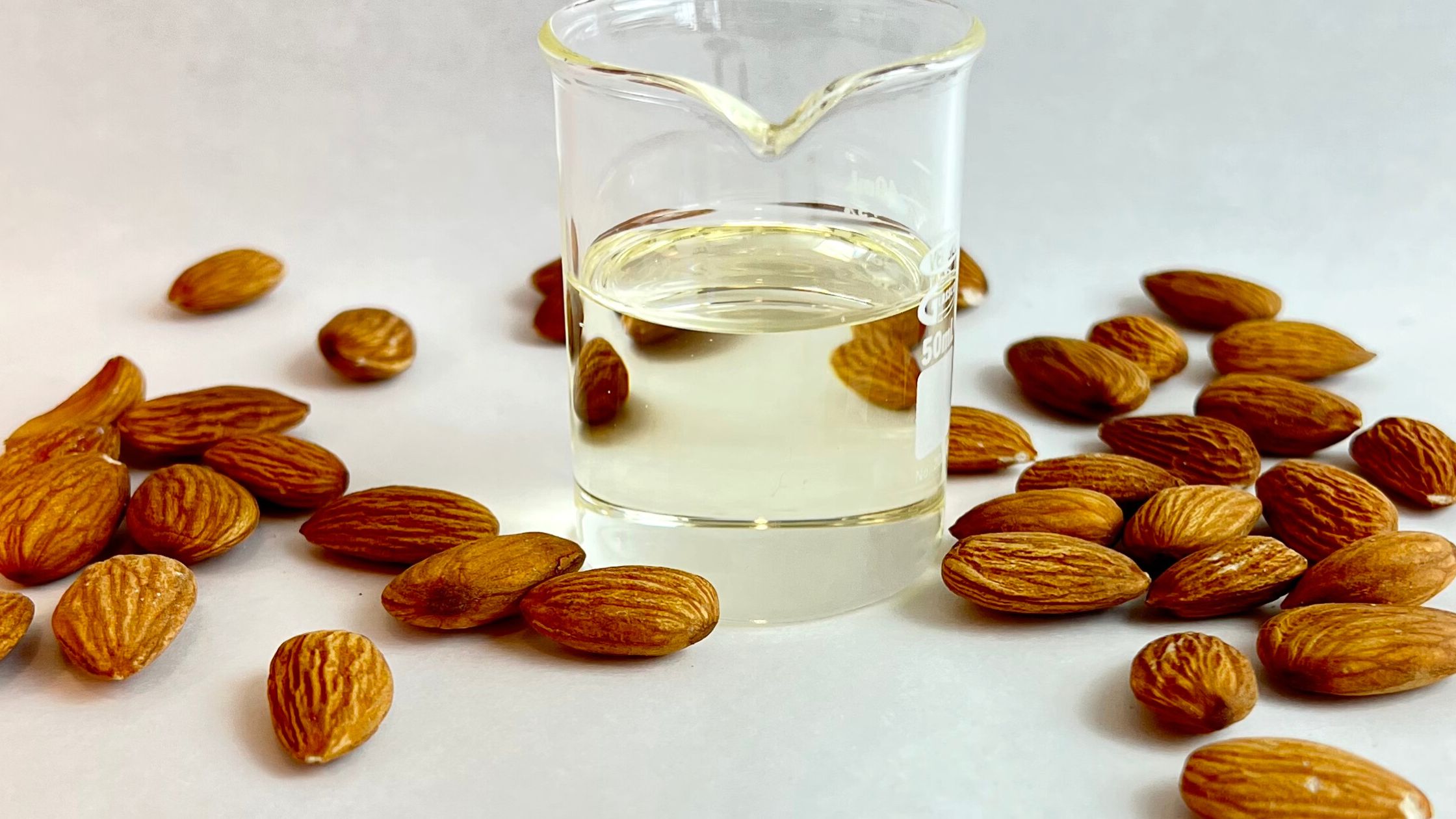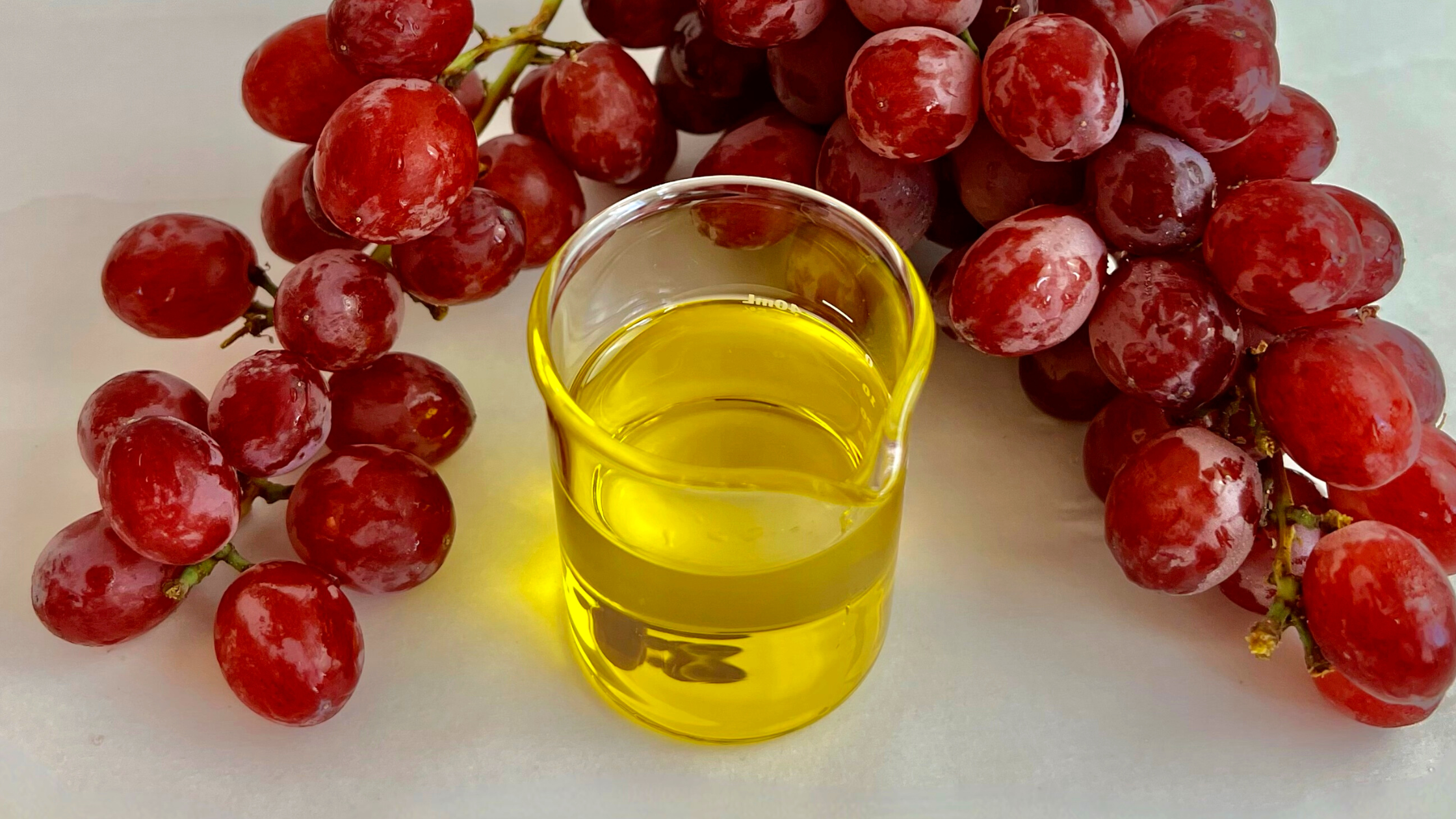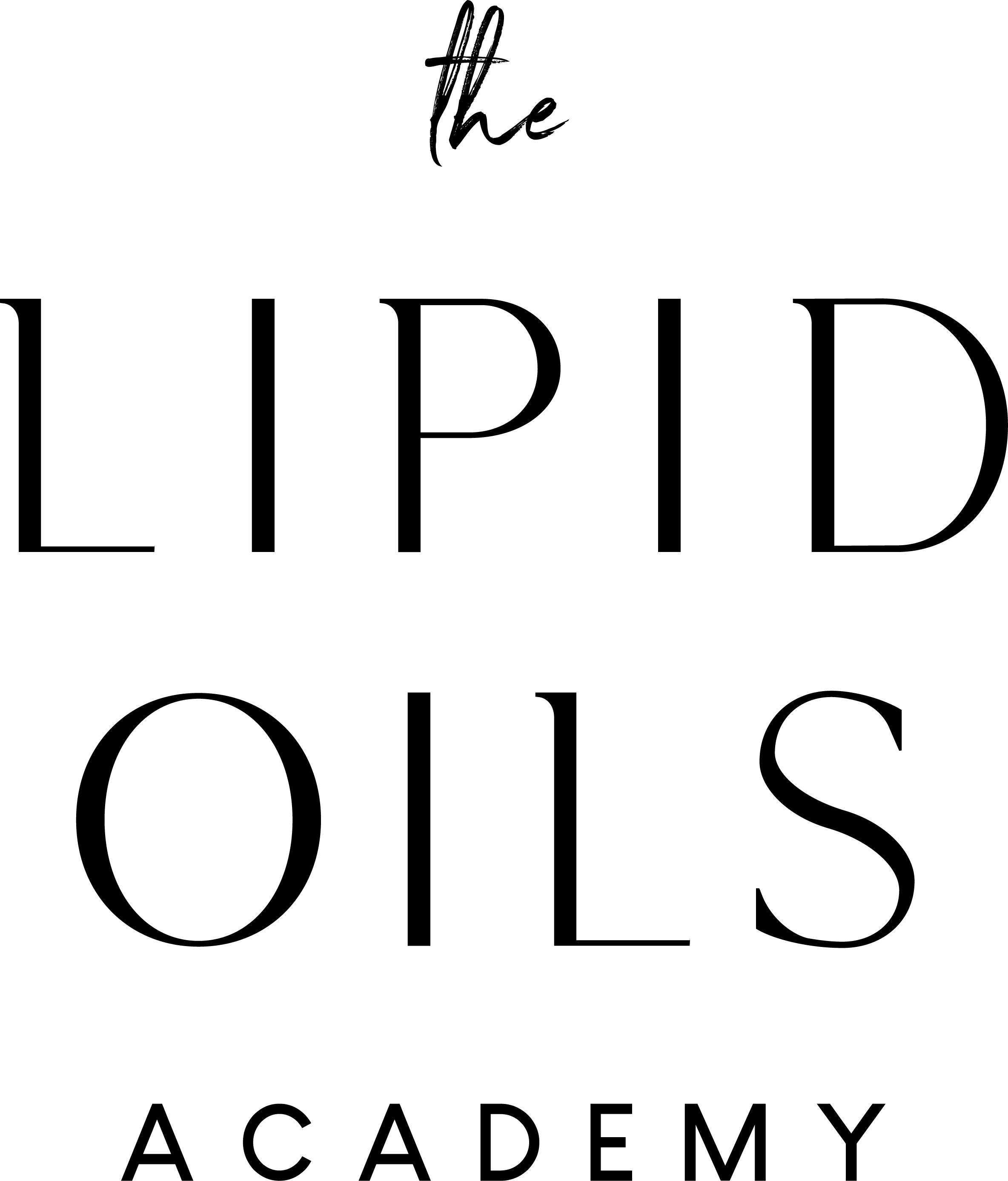"Seed oils are inflammatory and harm your health!"
Is this true? A more accurate way to say this is;
Some seed oils have inflammatory properties……..followed up by,
Unless balanced with oils with anti-inflammatory omega-3 fatty acids.
There, fixed it!
To say "inflammatory seed oils" is an inflammatory statement. It misses the whole story.
Stating that seed oils are inflammatory is done to tell a part of a story but not the whole story. The aim is to make the reader, you, afraid. With the entire story, we can dispel fear and maintain our health at the same time.
So let's talk about seeds. Seeds are the primary vehicle that plants use to reproduce. And seeds come in all sizes and produce many types of oils; not all are inflammatory.

The reproductive parts of plants go by many names. Nuts are a form of seeds, as are beans and legumes. Pulps of avocados, olives, and sea buckthorn produce oils too. While not technically a seed, rhizomes can perform as a reproductive part of the plant, and some produce oils. Kernels, pips, and the mesocarp around the kernels of some palms all produce oils and fall within the category of SEED, the reproductive part of the plant.
In these reproductive seeds, plant sugars convert into a more concentrated form of energy, fatty lipid compounds. The seedling uses this converted sun energy to grow into a mature plant, and the cycle begins again.
Seed oils are harmful;
Seed oils will damage your skin;
Seed oils are toxic;
None of these phrases apply to all types of seeds and the oils they produce. Many seeds produce the plant world's oils, but not are the same and not all have the properties that can be inflammatory.
So let's look at some seeds outside of these myths.
Cocoa butter comes from the seeds within cocoa pods and produces a very hard saturated butter, far from inflammatory.

The oils from the seeds of cabbage family plants produce oils with extra long fatty acid chains, twenty carbons, and longer. Contrary to the statements that seed oils are polyunsaturated, these longer fatty acids will protect the PUFA (polyunsaturated fatty acids) from oxidation. So not inflammatory and protective instead.
The Camellia tree produces seeds that are very high in monounsaturated fatty acids and, therefore, not inflammatory.
Chia is a mint family plant that produces seeds with balanced PUFA, the essential fatty acids, so the high omega-3 counteracts the inflammatory properties of omega-6 fatty acids. All in one seed oil.
Pomegranate seed oil has its own fatty acid, called punicic acid which is technically PUFA, with three double bonds. It is a conjugated omega-5 fatty acid, so it is a different shape than the "inflammatory omega-6" and works as an anti-inflammatory in animal studies.

I could use many more examples of SEED oils, but I wanted to give you a sampling to dispel the seed oil myths promoted as harmful.
The myth of inflammatory seed oils lies in the proliferation of industrial oils high in omega-6 fatty acids - sunflower, grapeseed, safflower, soybean - plants grown as commodities worldwide.

These seed stocks are inflammatory unless modified to be high in monounsaturated fatty acids (MUFA) as sunflower often is. When the diet provides a balance of the fatty acid counterpart, omega-3, and these two fatty acids are in balance, the omega-6 is countered and no longer inflammatory. (See the previous post on PUFA)
As covered in the post on PUFA, omega-6 is an essential fatty acid, vitally important for skin health, and an indispensable nutrient for balance with its counterpart, omega-3.

I just love learning about Lipid Carrier oils to compliment my use of essential oils as an aromatherapist. You explain science in a way that is easy to understand.
Thank you for another great post. I’ve followed you for years and recommend The Power of the Seed to all students of aromatherapy. I appreciate your practical, balanced way of presenting science and facts. (Practical and balanced like the beautiful cranberry seed!) 🙂
Hi Amy thanks for the comments! Practical and balanced so we can all understand.